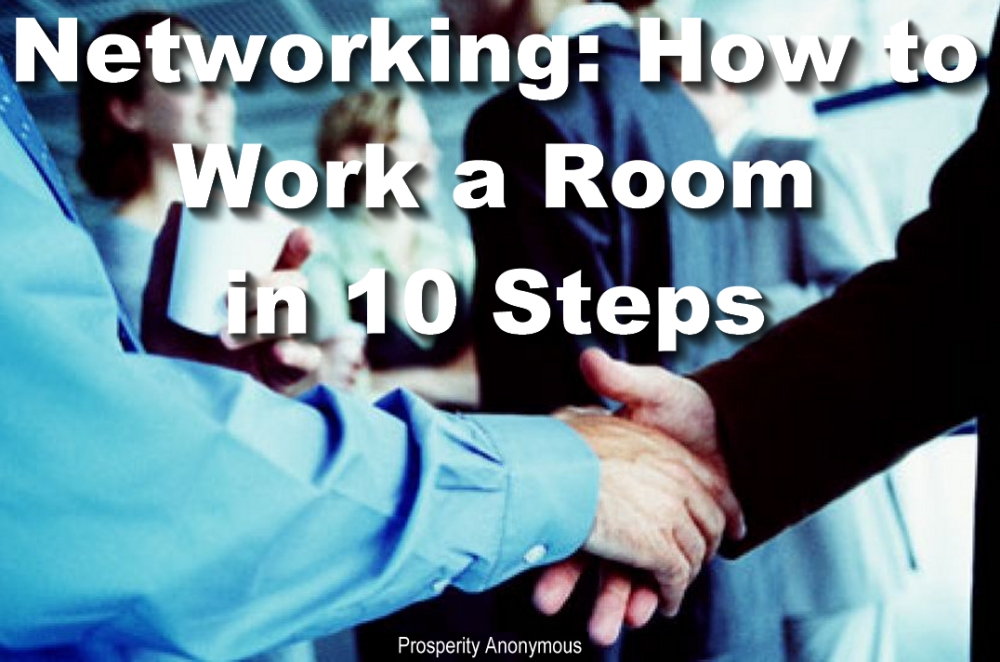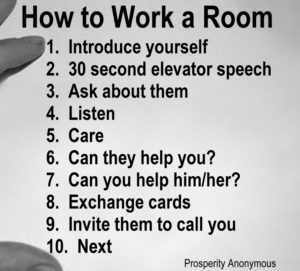If you’ve found this searching the Internet looking for signs of a bad relationship because you might be with the wrong person, there’s a good chance that you may be courting the wrong person. What do you do when you find yourself loving the wrong person? You start expending some effort to see if you can cut off a potential disaster before tying the knot. The last thing you want to do is to wake up one day discovering you’ve married the wrong person.

If you’re already married, you may be saying, “I married the wrong person. What do i do now?” First of all, we all can hope that you’re over-reacting. Often after you’ve committed and made vows to love someone else no matter what, no matter what is waiting in the wings to make a laughing stock out of you. Love can sometimes be a cruel joke. Nonetheless you don’t want to think, “I married the wrong person.” Or find yourself asking, “Did i marry the wrong person?” Chances are things are not as bad as you think, you’re just having second thoughts (like buyer’s remorse), but if you have married the wrong person, here are some signs of a bad relationship.
Obvious Bad Signs
Some of the easiest signs determining you’re not in a healthy relationship are the ones that are painfully obvious, such as sharing more negative energy when you’re together than positive, engaging in harmful habits such as drinking, smoking, laziness, gambling, addictive behavior, lying, angry outbursts with a veiled (or overt) threat of violence, or clear signs of a lack of self control i.e. over-reacting, overeating, overspending or unexpected credit charges.
Lack of Integrity
In a healthy relationship, you can depend on your partner. You know if they’ve told you he or she was going to do something, you can rest assured that it will be done. If you’re not in a healthy relationship, promises are made but rarely kept and important integrous signs will be lacking, such as trustworthiness and dependability. If someone is not integrous, they may be disingenuous, selfish, and also lack empathy, warmth or have the ability to maintain any meaningful connectedness.
How Do You Feel About You?
When you first met, you had a relatively fair amount of self esteem and found yourself enjoying life. But since your hookup with your partner you’re finding how you feel about yourself and the things that you find joy participating in, thinking or daydreaming about on a rapid decline. In healthy relationships, as you spend time with your partner, you feel better about yourself and find ways to enjoy life together, even if the things you do together are markedly different from the things that you used to do before you met.
You Are Not Encouraged or Supported
You can take an honest look at your life and review your personal growth since you’ve been together. Does he or she have a positive influence on you, encouraging you to life a better life full of more fulfillment and happiness? This is what you should expect from a great partner, who is a supportive team player. It’s a huge red flag, if your partner puts you down, doesn’t support and offer to help you with projects that are meaningful to you, or worse yet, puts you down or laughs at these things.
If your growth is hindered and is not supported, there is no team. And relationships are the ultimate team, where lives are delicately balanced. If you can’t think of ways you’ve supported and encouraged each other to grow, or haven’t grown together, this is not a good sign.
When You Are Not Around
What does he or she do (or not do) when you’re not around? If he or she lives one life when you are around and a completely different life when you’re not around, chances are you are living separate lives. This is a clear indication that your lives are not compatible. If effective relationships, partners share each other’s interests and give and take. If their lives are compatible, they can find consistency in the lives they live, even if they are separated, the tone remains constant and stable. And if he or she is not mindful of you when he or she is away, there is no intention of maintaining a connection (even if only a text or emoticon). Not a good sign.
The Blame Game
If you, or your partner, is blaming the other for not being able to live a better life, this is not a good sign. It’s one thing to blame your partner to his or her face, but if you do blame or complain about them behind their back, to your family and friends, the damage is more dreadful and the effects more far-reaching. If either of you cannot keep a handle on your potential to blame the other person, you will never feel like this could possibly be a healthy relationship.
The Silent Treatment
If you find your partner cutting you off, stonewalling, or giving you the silent treatment when they are not getting their way, or for any reason, they may be blocking you from participating in his or her life in any significant way. If you cannot find ways to communicate and reach out to each other, even in difficult times, no good could come from this.
Lack of Connection
If there is a strong emotional attraction, it’s easy to overlook how deep your intellectual connection is. After a while, though, you start to see your conversations have no deeper meaning, it all seems so superficial and lacking substance. They seem friendly and talkative enough, but there is just surface talk, mostly centered on them and/or their past experiences. Wonder why they aren’t more interested in the meaningful details of your life? The answer is simple; they’re not that interested in you. If you stop to think about it, and realize that you know more about our partner than your partner knows about you, there’s a good chance you’re paired up with someone who is far more concerned with themselves than you, and possibly a narcissist.
Criminal Background
A criminal background could be a huge red flag, but before you throw the baby out with the bathwater, consider that while many people feel that people cannot change, I have been in the change business for X Years a long time. People can change, but it doesn’t come easy. If your partner is honest and upfront about their less than integrous past and they sound like they are taking full responsibility for where they’ve come from and how they’re changing their life (they are not blaming anyone or anything for their circumstance or behavior), and you can see and feel the difference, you may be witnessing a metamorphosis. Even so, you should proceed with caution, because just as likely that you may be witnessing a real transformation, you could be set up to be the next victim of a psychopath. You must decide what you can live with, just be careful.
Your Loved Ones Are Cautioning You
Your relationship should never be controlled by others, because often our friends and family truly do not have your best interests at heart. Sadly, it is true more often than not, that our friends and relatives are far more selfish about us and our connections to others than they could ever see or admit. They just know they are hurt or jealous because someone else is getting the best of you. But, if you’re seeing a pattern among the people who love you the most and you are finding they are sincerely concerned about your relationship with your partner, consider they might be able to see something from their vantage point you might not be able to see from your own. So, if the people you care about the most, and you know they care about you likewise, and they’re urging you get out, you might want to tale a look around to see if their concerns have merit.
Something’s Just Not Right
If you find yourself in a relationship that looks good on the surface, you know you have no reason that you can put your finger on indicating that something may be amiss, yet you feel something in your stomach or heart that just doesn’t seem right about it, this may be your inner voice or intuition telling you that things are not as they seem. Start to recognize your inner guidance systems attempt to warn and protect you from potential unwarranted exposure or harm. If you are certain these feelings are not from some other medical condition or in response to questionable restaurant shrimp, start looking for clues as to whether or not this relationship is in your best interest.
Weigh the Pros and Cons
If you’re thinking about taking a deeper look at your relationship and possibly calling it quits, take the precaution of looking at the statistics, just to prove to yourself that your concerns are not just based on mood or wavering emotions. To do this, simply create a basic T Chart and on one side list all the positive things about your relationship. On the other side, list all the negative things. Reviewing the list may help bring you back into a sense of calm as you realize the benefits far outweigh the disadvantages. On the other hand, if the relationship clearly has more negatives than positives, it might be a good idea to start taking a closer look at your partner, and asking yourself if it’s not time to think about putting an end to it.
My intention is not to dissuade you from being in the relationship that you are currently engaged in, but there is no doubt that you deserve an awesomely healthy relationship so that you can enjoy all this life has to offer. Hopefully, you are not in a toxic relationship and fortunate enough to consider these things prior to marriage, if not, you are in a far more precarious position.
Sometimes bailing out is not the answer, if there is hope for change and finding a new path that you and your partner can travel together. But if it looks like there is more pain than gain along the way, and you’re seeing signs of relationship ending, just realizing you are on different paths and honoring this fact by allowing your partner to go on without you, may be the best option as you walk away and let it go. Feel free to seek advice and opinions from others but keep in mind that these people are not you. Only you can and must make your own decisions and ultimately it is you that reaps the rewards or consequences of your decisions. Be cognoscente and smart and follow your heart.





